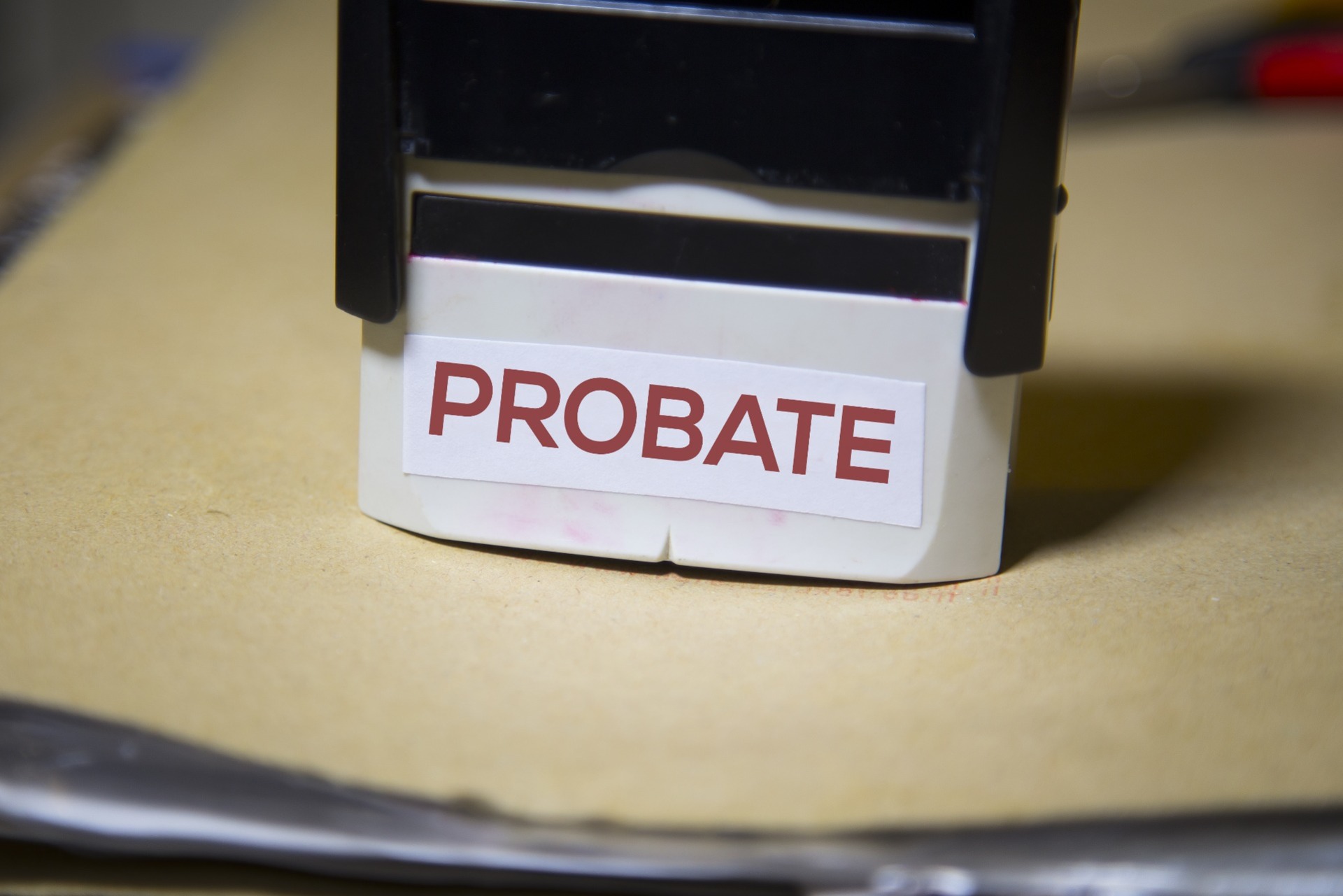Do I Need Probate If My Spouse Has Died?
Posted on 3rd August 2020
A common belief is that if your spouse has died, you automatically receive everything and you will not need to obtain Probate to deal with their assets. This is not always the case. In relation to their Estate, depending on the value, and whether or not the deceased had children, you may or may not receive your spouse’s full Estate when they die. You can find out more about the Rules of Intestacy, and how much you would receive in our Probate Solicitors’ blog, here.
Whether or not you will need to apply for Probate to deal with your spouse’s Estate will depend on how their assets were owned. In this article, our Probate Solicitors explain how to determine whether Probate will be required.
What is Probate?
The term ‘Probate’ is often a general term referring to the process of dealing with the affairs of somebody who has passed away. Probate is also a legal document, known as a Grant of Representation or a Grant of Probate or Letters of Administration (there’s a few names that the documents can be known by), which confirms that a specific person (the Executor or the Administrator) is entitled to deal with the deceased’s assets and affairs.
Do I need Probate?
Generally, it doesn’t matter whether or not there is a Will: the need for obtaining a Grant of Representation will depend on what assets your spouse held when they died.
Joint Assets
If you held assets jointly with your spouse, for example, bank accounts or property (as joint tenants), these usually pass automatically to the surviving spouse under a Right of Survivorship. Normally, you would not need to apply for a Grant of Representation in order to transfer any joint assets. Most likely, you will need to produce a death certificate to our team of Property Conveyancing Solicitors, so that they can transfer the property into your sole name.
If your spouse held your property, with you, as tenants in common, this could be a very different situation. When a property is held as Tenants in Common, each owner has a defined share. Quite often, this is 50%, however, it could be unequal shares. This would usually be agreed when you purchase the property. In these circumstances, your spouse’s share of the property will pass either under their Will or under the Rules of Intestacy. You will need to obtain a Grant of Representation to deal with any property held as Tenants in Common.
Sole Assets
If your spouse held any assets in their sole name, such as a bank account, savings, property or other assets, the chances are that you will need to obtain a Grant of Representation. That being said, if any of the assets are relatively small (such as, for example, a bank account under £5,000), you may not need to obtain a Grant; contact the bank or building society directly to find out whether they require probate.
In relation to life insurance policies and pensions, your spouse may have nominated the policy to a specific person, for example, you, or the provider may decide who receives the proceeds of the policy, by asking you to complete a payment form.
Get Legal Advice about Probate
Sadly, the Probate process can be complicated. That’s why it is always best to seek legal advice once your loved one has died. Our expert Probate Solicitors in Preston and Lancaster are here to help. For an initial, no-obligation chat, contact our team online, here, or call your local office and speak to a member of the team.
MG Legal - Your Local Solicitors
Tagged as: Wills & Probate, Your Local Solicitors
Share this post:





